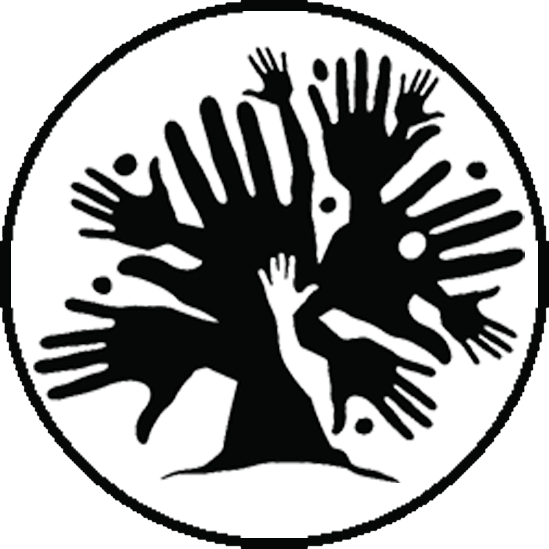About HumanCoral
“The tree of life should perhaps be called the coral of life”
What is HumanCoral?
HumanCoral is a collectively managed network that promotes the ideas, resources, and projects of those involved to facilitate interdisciplinary collaboration towards the broad goal of justice and sustainability.
Why Justice and Sustainability?
We have identified "justice" and "sustainability" as two desirable (and very general) common goals that people can pursue regardless of their interests or field of occupation. As long as we are able to identify our common goals, we will all be able to move more effectively in that general direction.
How can HumanCoral help us reach those general goals?
We all face challenges the pursuit of our own goals related to creating a more just and sustainable world. We may have great ideas and intentions, but are often lacking something in order to act upon these intentions. In order to move from intentions to actions, we must effectively connect those who might have what we need and those who want what we can offer. HumanCoral seeks to fill in these gaps, providing an online space where HumanCoral Members can pool together their resources, as well as promote their own goals and aspirations related to justice and sustainability, entirely free of charge. Furthermore, we have a Blog where people can discuss their ideas related to justice and sustainability from their own point of view. More recently, we are also trying to connect with those who cannot speak: namely, future generations and non-human people.
What does a coral have to do with anything?
The coral is one of the earliest imageries to describe evolutionary processes, and according to Darwin, it is more appropriate to describe life than the metaphor of a tree. This is because coral branching pattern is less hierarchical, lack a trunk and go on all directions. Furthermore, new generations build upon past generations: calcified remains make up the bulk of the coral but only the surface layer is alive. Likewise, as humans, we build our physical and mental structures based on what previous generations have established. Lastly, corals are a textbook example of symbiotic relationships between plants and animals: Polyps provide habitat for algae, algae photosynthesize and nourish polyps. Alluding to corals implies humans can learn something from this ancient relationship and how corals self-organize.
Who can contribute to HumanCoral?
Anyone. Each person contributes however they want to, according to their own needs and availability.
How can I contribute?
Ranging from least to most involvement, you can:
- comment on and share existing posts (Facebook, Twitter, or this site),
- help curate any of our web link collections (Pearltrees account needed, see below),
- write and submit a new entry for any of our existing sections on this site (see below), or
- become more involved in content creation and edition and even create entirely new sections and functions for the site.
I have a web link to add to your collection, how do i do it?
Please join Pearltrees and curate collections of your interest with us. Pearltrees is an external service for co-curating web link collections with people around the world. It is free to join!
I wrote something I want to share, how do I do it?
Please make sure all entries have a picture, an author, a title, and suggested tags. So far you may submit any of the following:
How can I become part of the humancoral team?
Most often by invite of an existing member. However, if you want to foment interdisciplinary collaboration towards the broad goals of justice and sustainability then get in touch with us. The first step is getting to know you. Please register here.
Does this cost anything?
No.
How can I contact HumanCoral?
If you have any other questions please Contact Us.



